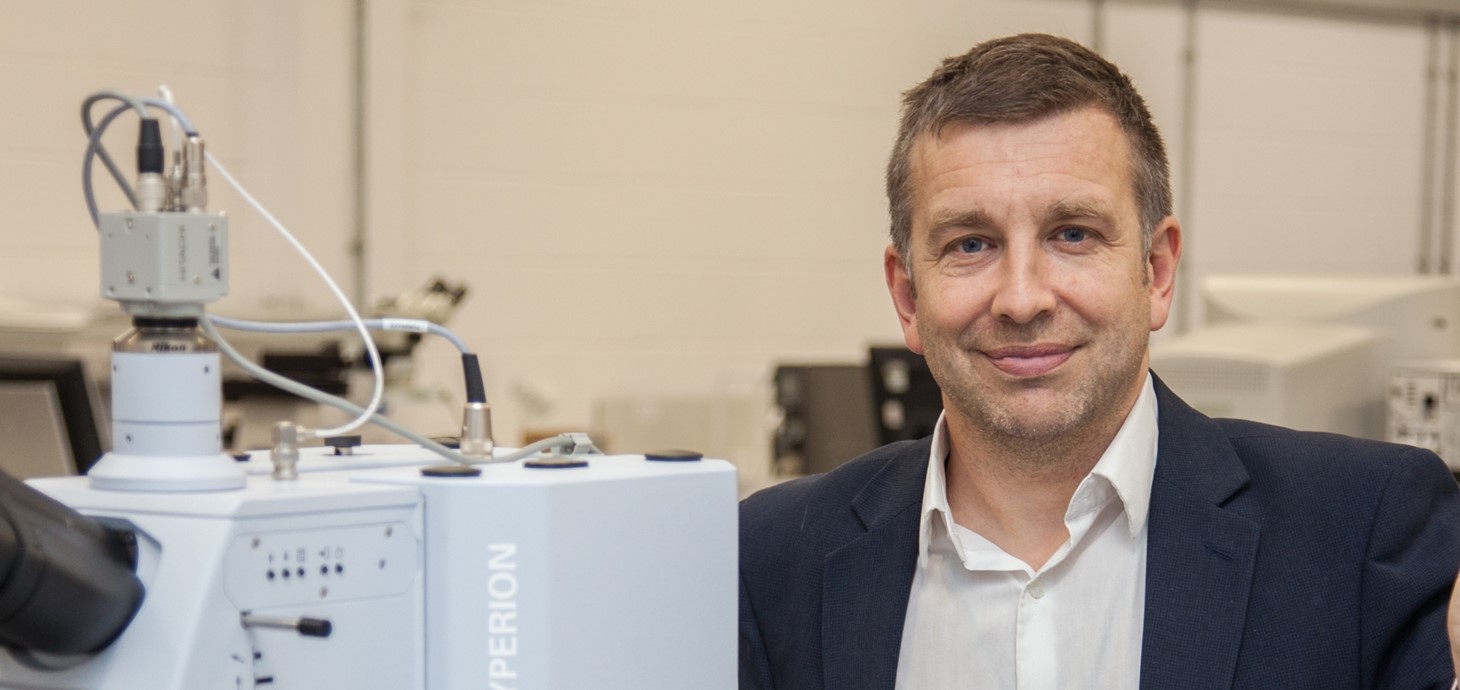
A Swansea University expert has been appointed the new Independent Chair of the Welsh Government’s Clean Air Advisory Panel (CAAP) by the Deputy Minister for Climate Change, Lee Waters MS.
Paul Lewis, Professor Emeritus at Swansea’s Medical School, is a genetic toxicologist who specialises in assessing the impacts of air pollution on health.
He has been a member of the Welsh Government Clean Air Advisory Panel since 2020, and chairs sub-groups on pollutant targets and health impacts, leading the Panel’s report into the ‘Impacts of the Covid-19 pandemic on air quality in Wales’.
He is a member of the Welsh Government Air Quality Direction Independent Review Panel and sits on the Welsh Parliament Cross Party Group - A Clean Air Act for Wales.
He is also the UKRI Clean Air Programme Regional Champion for Wales, supporting efforts to raise awareness of poor air quality by engaging with academia, industry, local government, healthcare, the educational sector, and third-sector organisations.
On his new role, Professor Lewis said: “I’m delighted to be appointed as the new Chair of the Welsh Government Clean Air Advisory Panel. The Panel has worked hard over the last four years to support Ministers and government officials in delivering the recent Environment (Air Quality and Soundscapes) (Wales) Act. I am now looking forward to the next phase by leading the Panel to provide expert advice and evidence that can improve the health and wellbeing of people across Wales and protect our biodiversity from the impacts of air pollution.”
The Welsh Government’s current national air quality strategy, the Clean Air Plan for Wales: Healthy Air, Healthy Wales, published in 2020, sets out wide-ranging actions to improve air quality in Wales.
The Clean Air Advisory Panel provides evidence-based advice and recommendations to the Welsh Government on air quality matters, helping to underpin the decision-making of Welsh Ministers.
It informs the Welsh Government’s understanding of airborne pollution and supports the development of policies to drive improvements in air quality.
Members consist of multi-disciplinary policy makers, academia and air quality and public health practitioners.
